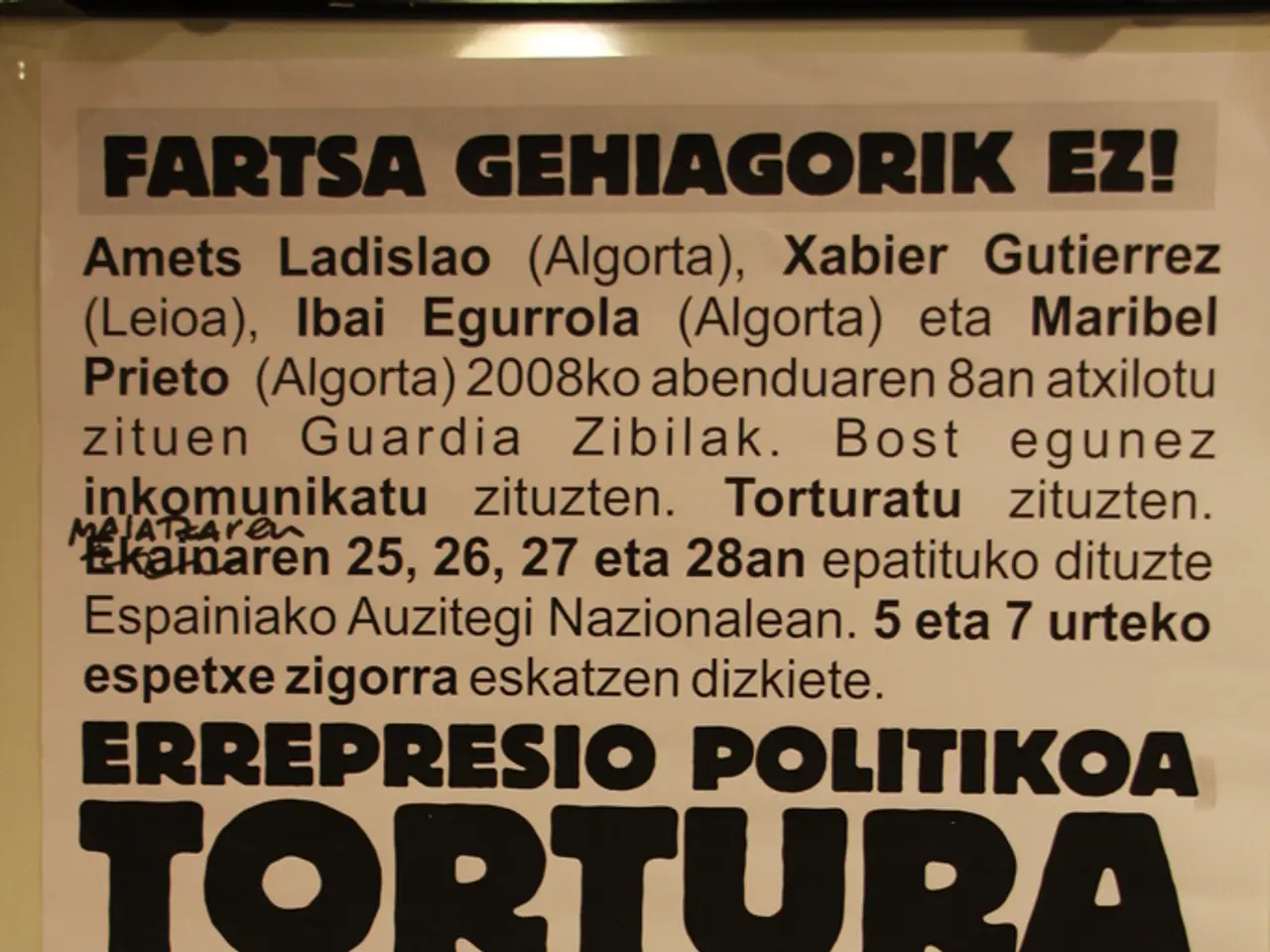Brandenburg's Budget Brawl: A Contentious Plenary Week in the State Parliament
Lawmakers deliberate on the annual spending plan - Honorning the Folk Revolution Anniversary - Legislative Assembly Debates Budgetary Matters - Commemoration of the Popular Rebellion
Hey there! Let's dive into the tumultuous world of politics in Brandenburg's State Parliament, where a heated debate over the new budget is about to unfold. MPs will be locking horns this week (June 13-17, 2025) to decide on the budget for the current and upcoming year.
The week kicks off with the second debate on the double budget today at 1:30 PM, which continues tomorrow and wraps up on Friday with the final decision. The budget is a hot potato that's sparked protests from Brandenburg's citizens due to proposed cuts resulting from the state's dire economic situation. Despite the uproar, the budget committee voted in favor of the budget last Thursday.
The plan includes tough austerity measures for municipalities, care, and the Medical University of Brandenburg. However, the coalition factions of SPD and BSW have somewhat softened these measures. In the education sector, there's a looming specter of cutbacks in teacher positions, but the coalition has increased the budget for substitute teachers. Teachers will find themselves tackling an additional lesson per week and being eased elsewhere. More funds are earmarked for hospitals and the police. The coalition intends to pile on an additional debt of around €1 billion per year, and the state's reserves will take a hit.
The plenary session on Wednesday commences with a ceremony marking national veterans' day, followed by a commemoration of the people's uprising of June 17, 1953.
Why the Fuss?
With the State Parliament in Brandenburg grappling with a proposed €34 billion budget, hot-button issues like austerity measures, fiscal restraint, and social demands are flying thick and fast. The conservative CDU party has slammed the debt plans and even hinted at a constitutional lawsuit if the debt brake is compromised, stoking political tensions.
The SPD coalition government is under immense pressure to balance austerity with social and political viability – particularly with fears of budget rejection leading to new elections. Meanwhile, on the federal level, Chancellor Friedrich Merz's fiscal policy prioritizes energy price relief, infrastructure funding, and ministry cuts, which may affect state-level budgeting decisions.
What's at Stake?
The ripple effects of the budget debate go beyond just fiscal policy. Education, healthcare, and municipal services are all under the microscope, with compromises looming to find politically acceptable solutions. The future political landscape of Brandenburg hinges on these budget decisions and the re-election of SPD state chairman Dietmar Woidke, adding to the intense atmosphere surrounding the debates.
In short, Brandenburg's State Parliament is embroiled in a high-stakes battle over a €34 billion budget, fraught with austerity measures, social demands, and political uncertainties, with critical sectors like education, healthcare, and municipalities caught in the crosshairs.
1) The heated debates in Brandenburg's State Parliament over the €34 billion budget involve discussions on the community policy, as proposed cuts in various sectors such as education and healthcare are causing concern among citizens.
2) In the realm of policy-and-legislation, the Brandenburg budget debates also encompass debates on vocational training, with the budget committee approving the plan that includes specific allocations for the vocational training sector despite protests from citizens.




